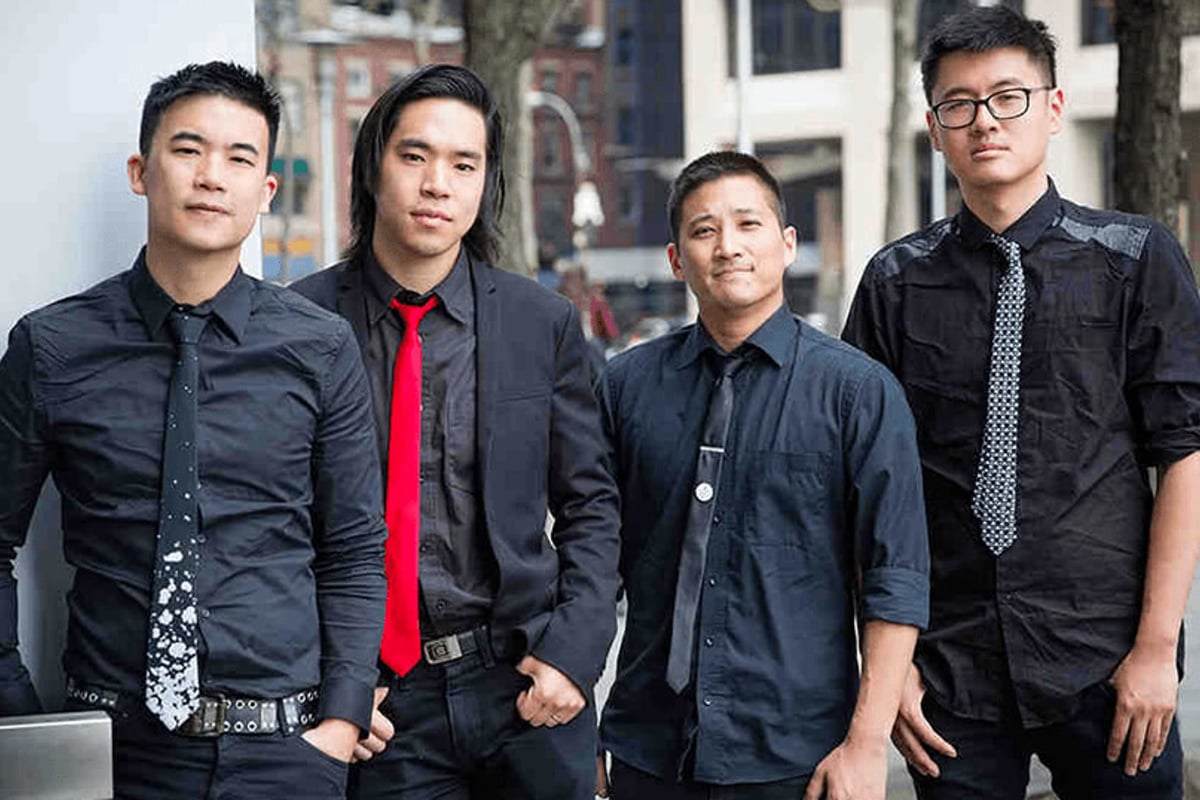Asian-American rock group wins US Supreme Court battle to trademark their ‘racist’ name

If you’re a fan of US rock group The Slants, then you might have spent the last six years following the group’s efforts to trademark their band now. Now, half a decade later, and a successful US Supreme Court battle under their belt, the group have finally won the right to trademark their band name.
Back in 2011, members of the Portland band The Slants sought to have their name registered as a trademark. The group has been performing since 2006, and has used their position and influence to help tackle issues of racism surrounding the Asian-American community, and frequently performing at cultural festivals. However, their 2011 application for a trademark was denied because it could be considered disparaging to “persons of Asian decent.”
The group’s frontman, Simon Tam, took issue with this, namely due to the fact that the group’s name was never meant to be offensive, but rather was a means to take back and reclaim ownership of a word that has historically caused much hurt to members of the Asian-American community.
This refusal for a trademark was based upon the US’ Lanham Act, which, as The San Francisco Chronicle explains, effectively “prohibits the registration of trademarks that may ‘disparage … or bring … into contempt or disrepute’ any ‘persons, living or dead.'” Of course, the group hit back at this, citing their reasons for wanting to trademark the name, but were still denied. As CNN noted, “if a band consisting of non-Asians had tried to register ‘The Slants,’ the government reviewer would likely have failed to interpret the term as offensive to begin with,” effectively arguing that if a group of caucasian appearance were to have applied for the trademark, they may have been successful, considering that the group’s race apparently gives context to the nature of the perceived slur.
Tam believed this to be unconstitutional, since the refusal “violated the First Amendment by giving the trademark office the power to engage in viewpoint discrimination by deciding which trademarks conveyed disparagement, contempt or disrepute.” Of course, when matters of unconstitutionality are brought forward, the only way to fight them is by taking it to the Supreme Court.
After arguing their case in January of this year, the US Supreme Court this week held that the initial refusal of the trademark was indeed unconstitutional “because it allows the government to be the judge of what private speech is offensive: ‘Speech may not be banned on the ground that it expresses ideas that offend.'”
With the group’s success with challenging this decision, it may lead to trademarks being issued that cause offence to the public. However, we can only hope that the United States will exercise a level of common sense when it comes to matters such as this.
This article originally appeared on The Industry Observer, which is now part of The Music Network.






























